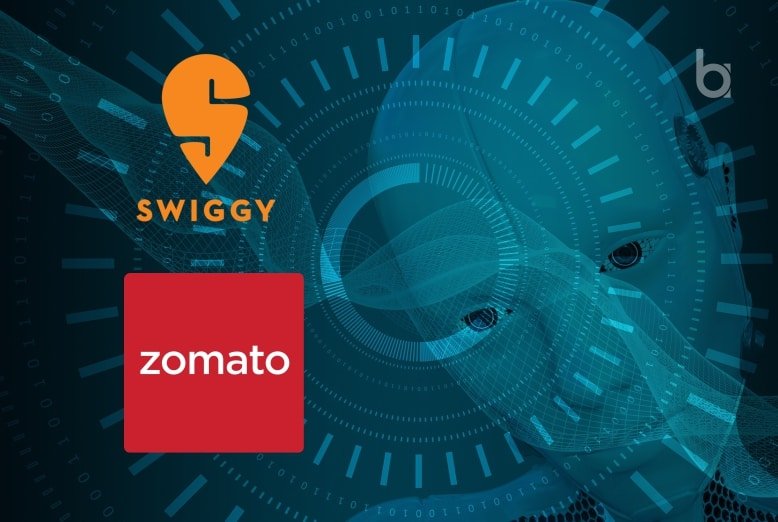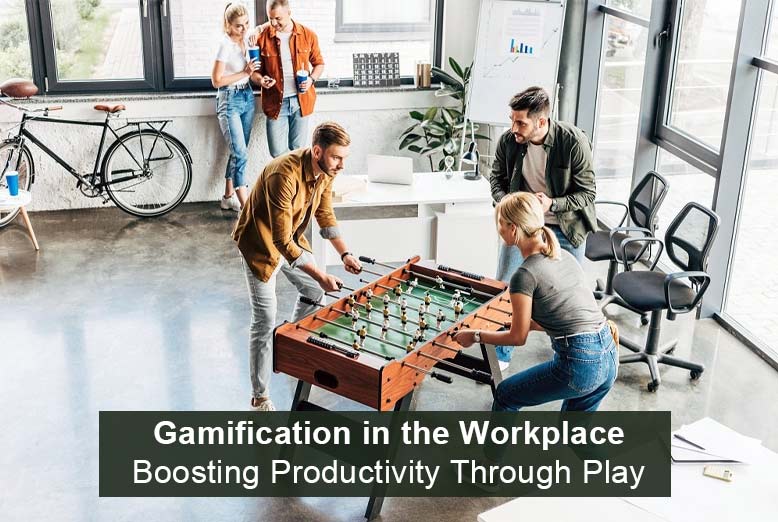Focus on Improving Aftersales Technology
Both Zomato and Swiggy, food tech apps are now primarily using data to tap demand with a large supply base in the place. More than 1.3 lakh restaurant partners are added with Swiggy, while Zomato claims to have added around 1.5 restaurants. Using years of data accumulated from food orders and user-level consumption patterns, food tech companies such as Zomato and Swiggy are increasingly turning to machine learning(ML) and automation to drive their businesses.
Last week, the food-tech company Zomato let go of around 540 of its support staff. It is said that they are improving after-sale technology forced in hand. The automation made up for almost 10% of the workforce in certain support roles across Zomato’s customer, delivery partner teams, merchant and redundant. Zomato and Swiggy both handle over a million orders a day across more than 300 cities. Each customer order is currently being influenced by the customer’s own previous history of order preferences.
Swiggy Banking on Customer’s History Order Level Data
Dale Vaz, head of Swiggy’s engineering and data sciences department said, “We are processing around 40 billion messages or data points per day, which are unique data points purged from either customer ordering from our app and from drivers delivering orders. And if I look at that, scale, will probably touch 100 billion messages within a year.” Swiggy banks on its history of order-level data and real-time feet data to reduce customer wait times and for retaining customers.
India: A Price Sensitive Economy
According to Zomato’s spokesperson, “We also help restaurants understand customer behavior by educating them on purchase funnels such as awareness (metrics) like the number of visitors on the page to intent (building a cart) to purchases (placing an order). We have now started tracking dish-level ratings and are working towards adding more features to the dashboard.”
“Artificial intelligence (AI) might be able to do a good job in predicting and bringing back the customer to the platform but it will only make an incremental difference—it will not change the world for these companies. But this is not because the AI models are not mature enough—it’s more because of human nature,” said Manish Singhal. He is the founding partner of pi Ventures, India. According to him, India is still a price-sensitive economy where most customers will only order a dish from the cheapest platform available to them.














